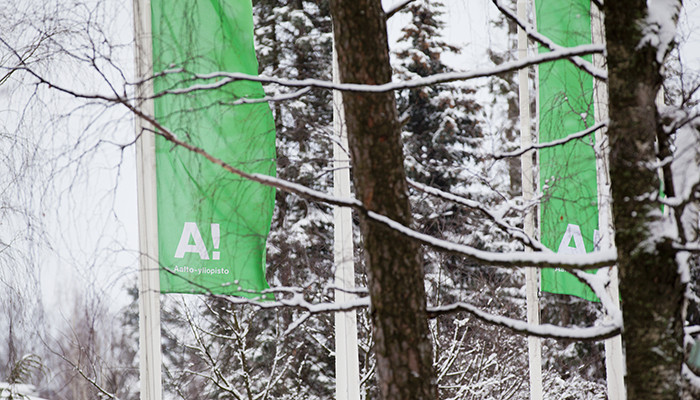Investing in environmental friendliness improves the result for companies in the logistics sector
The Rail Baltica allows that rail freight transport can be used to handle a greater share of freight traffic.

According to Pinja Raitasuo, M.Sc. (Econ.), there are many opportunities associated with environmental friendliness and rail freight transports. Political decision-makers play a particularly important role in promoting the use of more environmentally friendly freight transports. However, rail freight transports still face many challenges. The costs, time restrictions and poor availability of rail transports limit their use.
Raitasuo’s doctoral dissertation ‘Towards sustainable transportation – Evidence from the logistics sector’ strives to increase understanding of environmentally friendly freight transports and logistics and their impacts on the competitiveness of companies. Her doctoral dissertation, which will be examined on 15 December at Aalto University School of Business, focuses on Finnish and international logistics services providers.
Environmentally friendly rail transports help to control climate change
The Rail Baltica connection from Tallinn to Warsaw is likely to promote the use of environmentally friendly rail transports and also improve Finland’s logistics position. The possibility of a tunnel between Helsinki and Tallinn is currently being investigated, and this would allow for a rail connection under the Gulf of Finland. Based on the research results in the dissertation, Finnish logistics services providers are interested in environmental friendliness and the Rail Baltica connection is seen as an opportunity to make greater use of rail freight transports.
‘Logistics companies also face many different pressures related to environmental friendliness. These pressures come from different directions: customers, legislators and competitors. Investing in environmental friendliness is profitable for logistics companies, because developing environmentally friendly competence also improves the financial result of companies operating in the sector,’ says Pinja Raitasuo.
The fact that climate change is the most serious global environmental threat at this time makes this a very current research topic.
‘In 2015, traffic accounted for 30.9% of the European Union’s total carbon dioxide emissions. Since road traffic caused the majority of CO2 emissions from traffic in Europe, it’s very important to improve energy efficiency in this sector. The European Union has tried to encourage the use of rail freight transports in recent years, because they produce less carbon dioxide emissions than transport taking place only on the roads,’ explains Pinja Raitasuo.



